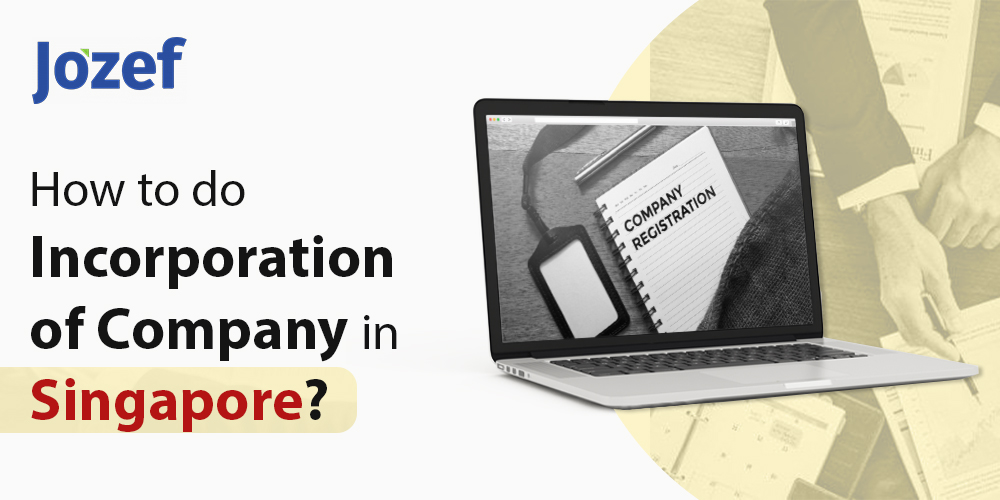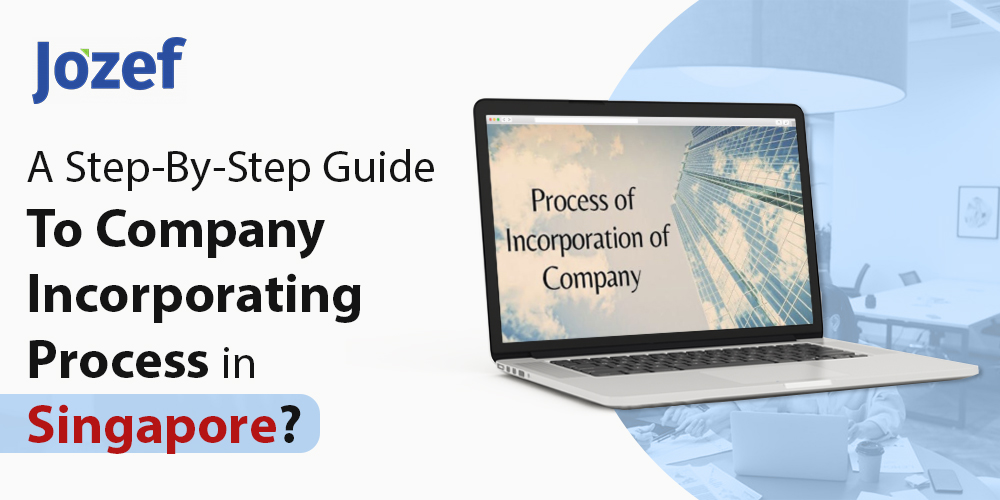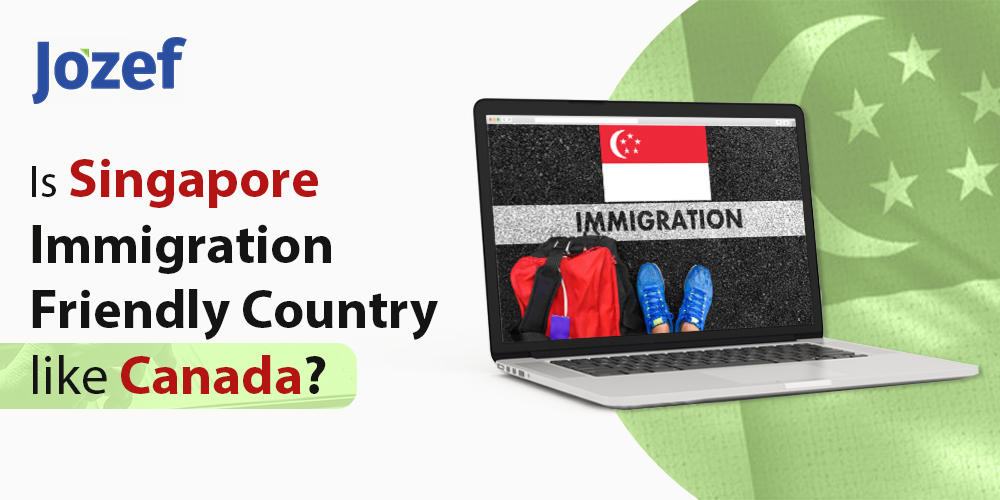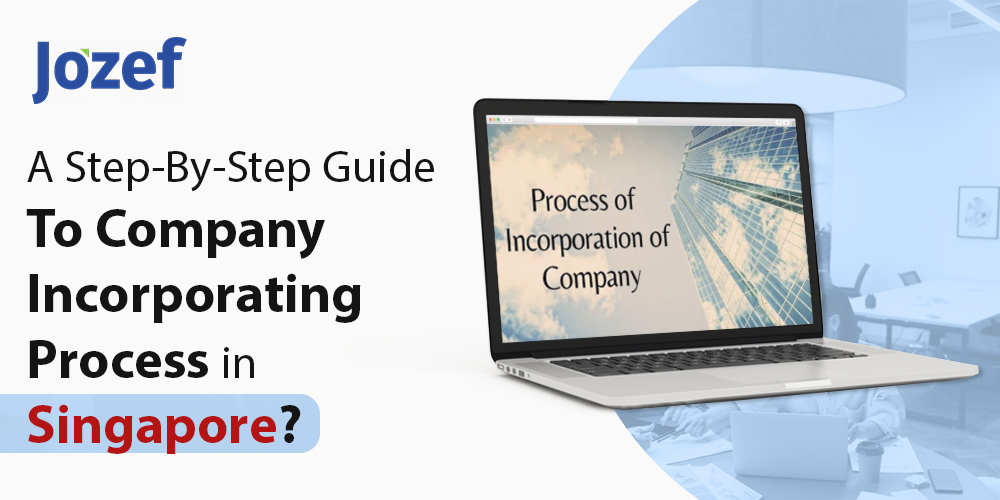Overview
Singapore stands prominently among the world’s foremost financial services centres, recognized for its excellence and global influence in the financial industry. Its commitment to maintaining high standards in financial services, coupled with a transparent and robust regulatory framework, has earned it a sterling reputation on the global stage.
Furthermore, Singapore boasts one of the world’s most business-friendly, appealing and transparent corporate tax systems. Leveraging advanced technology, the country has established an exceptionally efficient tax filing and reporting system. This combination of attractiveness, transparency, and technological innovation underscores Singapore’s commitment to providing businesses with a streamlined and effective tax environment.
Singapore’s corporate tax
Companies incorporated in Singapore are required to pay corporate tax under the Income Tax Act 1947. Corporate tax is paid on chargeable income derived from within Singapore or on income earned overseas that is subsequently remitted into the country.
Singapore’s corporate tax system operates on a single-tier, territorial-based, and flat-rate structure. Let’s delve into the implications of these features and explore the advantages they offer.
Flat tax rates
Singapore’s corporate tax landscape is distinguished by its attractiveness and simplicity, with a flat rate of 17 percent, ranking it one of the lowest among ASEAN member states.
Single-tier structure
Operating on a single-tier structure, businesses in Singapore are only taxed on their chargeable income or profits, offering a straightforward and predictable tax environment.
Territorial structure
In this framework, only income generated within Singapore is liable for corporate tax. This implies that businesses are exempt from taxation on income earned outside Singapore, simplifying global business operations and minimizing tax obligations.
What constitutes taxable income?
Taxable income includes
- Profits derived from trade or business
- Rental property income
- Royalties and premiums
- Income generated from investments, such as interest.
Who is eligible to fulfil Singapore’s corporate tax obligations?
Businesses that have their income derived from Singapore or income remitted to the country, regardless of whether it is a local or foreign company, are eligible to pay corporate taxes in Singapore.
Taxation timeline
The taxation timeline in Singapore generally follows a structured schedule. However, it is to be noted that specific deadlines may vary based on the type of taxpayer and any changes to tax regulations.
Here is a general timeline for corporate taxation in Singapore
Financial Year End
Companies in Singapore typically choose their financial year-end, which may fall at any time during the calendar year.
Annual Corporate Tax Return Filing
Corporate income tax returns (Form C or Form C-S) are generally due by November 30th of each year. Form C-S is for small companies meeting specific criteria, while Form C is for larger companies.
Tax assessment
After filing the tax returns, the Inland Revenue Authority of Singapore (IRAS) assesses the tax payable. The assessment is usually issued within a few months of the filing deadline.
Notice of Assessment (NOA)
Upon completion of the tax assessment, companies receive a Notice of Assessment (NOA), outlining the amount of tax payable.
Corporate income tax payment
It is mandatory for companies to pay corporate income tax within one month of receiving their Notice of Assessment.
Application for extension (if needed)
It is possible for companies to request an extension of time to file their tax returns if necessary. However, the extension does not affect the deadline for tax payment.
Summary
In conclusion, the timeline for corporate income tax in Singapore holds significant implications for businesses. The flexibility provided by the choice of a financial year-end allows strategic tax management, while the annual filing deadline and subsequent assessment underpin adherence to regulatory obligations. Timely payment within one month of the issuance of the Notice of Assessment (NOA) is crucial to avoid penalties and emphasize financial diligence. The option for businesses to apply for extensions underscores Singapore’s commitment to facilitating a streamlined tax process.
Unquestionably, understanding Singapore’s Corporate Tax system is complex, yet crucial to your business’s success. Staying abreast of regulatory changes and seeking professional advice ensures businesses fulfil their tax responsibilities punctually in Singapore’s business-friendly environment. We, at Jozef, strive to maximize your financial benefits by taking advantage of every tax exemption and incentive available. If you’re eager to learn more about our approach, feel free to reach out to us today.





